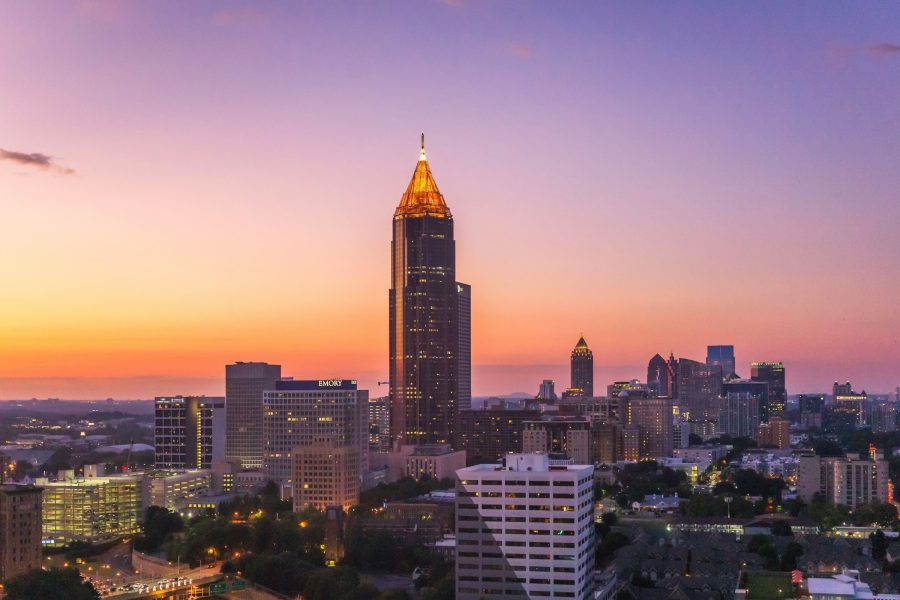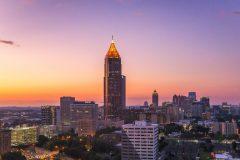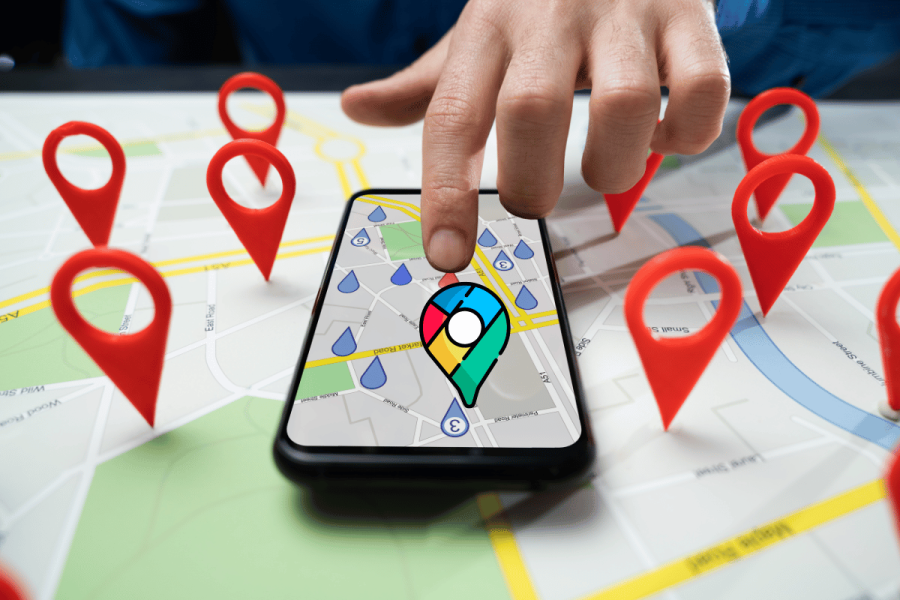The Georgia House continues to deliberate over proposed legislation which could lead to the introduction of online sports betting in the Peach State.
On Monday, the House Committee members debated how sports gambling revenues should be spent, specifically on education, if the changes come to fruition. Further dialogue will occur tomorrow (27 March) with Senate Bill 386 and Senate Resolution 579 on the agenda.
The former relates to setting up a structure for sports gambling in Georgia, whilst the latter would be the introduction of a constitutional amendment referendum to give voters their say on the matter.
If the laws progress to a plebiscite, the electorate could sanction sports gambling in Georgia at the upcoming elections in November.
How has the gambling legislation progressed in Georgia
Senate Bill 386 also permits the Georgia lottery body to offer up to 16 betting licenses, in a much-changed form compared to when it was first brought to the table earlier this year, right up to the committee sitting this week.
One such amendment was the instruction for betting operators to pay a tax rate of 20% on their revenues which was increased to 25% after the committee meeting. The main driver of this change was to maximize profits for Georgians to see the returns in vital services.
Democratic lawmakers have urged their colleagues to commit a share of the profits from sports gambling revenues to free school lunches, historically Black colleges and universities as well as other educational interests. Democrats on the committee also confirmed their support for re-establishing language to prioritize fully funded pre-K classes.
Athens Republican Senator Bill Cowsert, the sponsor of SR 579, stated his disagreement with no longer prioritizing pre-K classes and the requirement for 80% of Georgia’s gambling tax proceeds to go to lottery-funded educational programs.
He also dismissed allocating 15% for gambling prevention measures and 5% of the share to go toward the promotion of sporting events in the state. Those changes would mean the General Assembly would need to agree and set out exactly how much is to be spent on the issue of problem gambling, per year.
Image credit: Brad Huchteman / Unsplash









